
Frequent Nighttime Trips to the Bathroom Could Be an Indicator of Heart Failure, Research Suggests
Frequent Nighttime Trips to the Bathroom Could Be an Indicator of Heart Failure, Research Suggests
A recent study has uncovered a surprising link between frequent nighttime trips to the bathroom and heart failure, a condition that affects millions of people worldwide. While waking up in the middle of the night to urinate is common, research suggests that those who frequently find themselves doing so could be at an increased risk for heart-related problems, including heart failure.
The Connection Between Nighttime Urination and Heart Failure
Nocturia, the medical term for waking up during the night to urinate, has long been associated with a variety of health conditions, including diabetes, urinary tract infections, and an overactive bladder. However, new research points to a potential connection between frequent nighttime bathroom trips and heart failure, a serious condition where the heart is unable to pump blood effectively throughout the body.
In a recent study published in the journal European Heart Journal, researchers discovered that individuals who reported frequent nocturia were more likely to develop heart failure over time. The study followed more than 10,000 participants over several years, tracking their bathroom habits, heart health, and overall well-being. The results were striking: those who experienced nocturia more than twice per night had a significantly higher risk of developing heart failure compared to those who did not.
Why Does Nighttime Urination Signal Heart Problems?
Experts believe that the link between nocturia and heart failure has to do with the way the body handles fluid distribution during the night. Normally, when we lie down to sleep, gravity no longer helps to keep fluids in our lower extremities. For individuals with heart failure, the body struggles to redistribute fluids properly, and as a result, excess fluid can accumulate in the legs and feet during the day.
At night, when the person lies flat, the fluid that had pooled in the legs during the day is redistributed and returns to the bloodstream, where it can put additional strain on the heart. The kidneys, in turn, process this extra fluid, resulting in increased urine production. This phenomenon is thought to explain why individuals with heart failure may experience frequent nighttime trips to the bathroom.
Additionally, the body’s natural circadian rhythm, which regulates the sleep-wake cycle, may also play a role in this process. Researchers suggest that the body's fluid regulation system could be disrupted in people with heart failure, leading to more frequent urination at night.

What Are the Signs of Heart Failure?
Heart failure is a condition that often develops slowly over time. Early symptoms can be subtle and may be mistaken for other conditions. Common signs of heart failure include:
-
Shortness of breath, especially during physical activity or when lying down
-
Fatigue and weakness
-
Swelling in the legs, ankles, or feet
-
Irregular heartbeat
-
Frequent urination, particularly at night
-
Sudden weight gain due to fluid retention
If you notice frequent nighttime urination along with any of these other symptoms, it’s important to consult a healthcare professional. While nocturia alone is not necessarily a sign of heart failure, it can serve as an early indicator that further evaluation is needed.
What Should You Do If You Experience Frequent Nighttime Bathroom Trips?
If you are waking up multiple times each night to urinate, it may be time to talk to your doctor. They may recommend a series of tests, such as an echocardiogram or blood tests, to assess your heart function and rule out any underlying conditions.
In some cases, nocturia can be managed through lifestyle changes, such as reducing fluid intake before bedtime, limiting caffeine and alcohol consumption, and managing blood pressure. For individuals with heart failure, treatment typically involves a combination of medications and lifestyle adjustments aimed at improving heart function and reducing fluid retention.
Conclusion
While it’s common to wake up at night to visit the bathroom, frequent nighttime trips can be a sign of an underlying health issue, including heart failure. The new research provides important insights into how nocturia could act as an early warning sign, allowing for earlier diagnosis and treatment. If you’re experiencing frequent nighttime urination, it’s crucial to speak with your doctor to rule out any potential heart-related concerns and ensure that you receive appropriate care.
News in the same category


Whiten Teeth With Carrot Ends Brings Surprising Benefits You’ll Love

Rosemary contains a compound that can help fight Alzheimer's disease

Raw Garlic Before Bed? Here’s What It Does to Your Body!
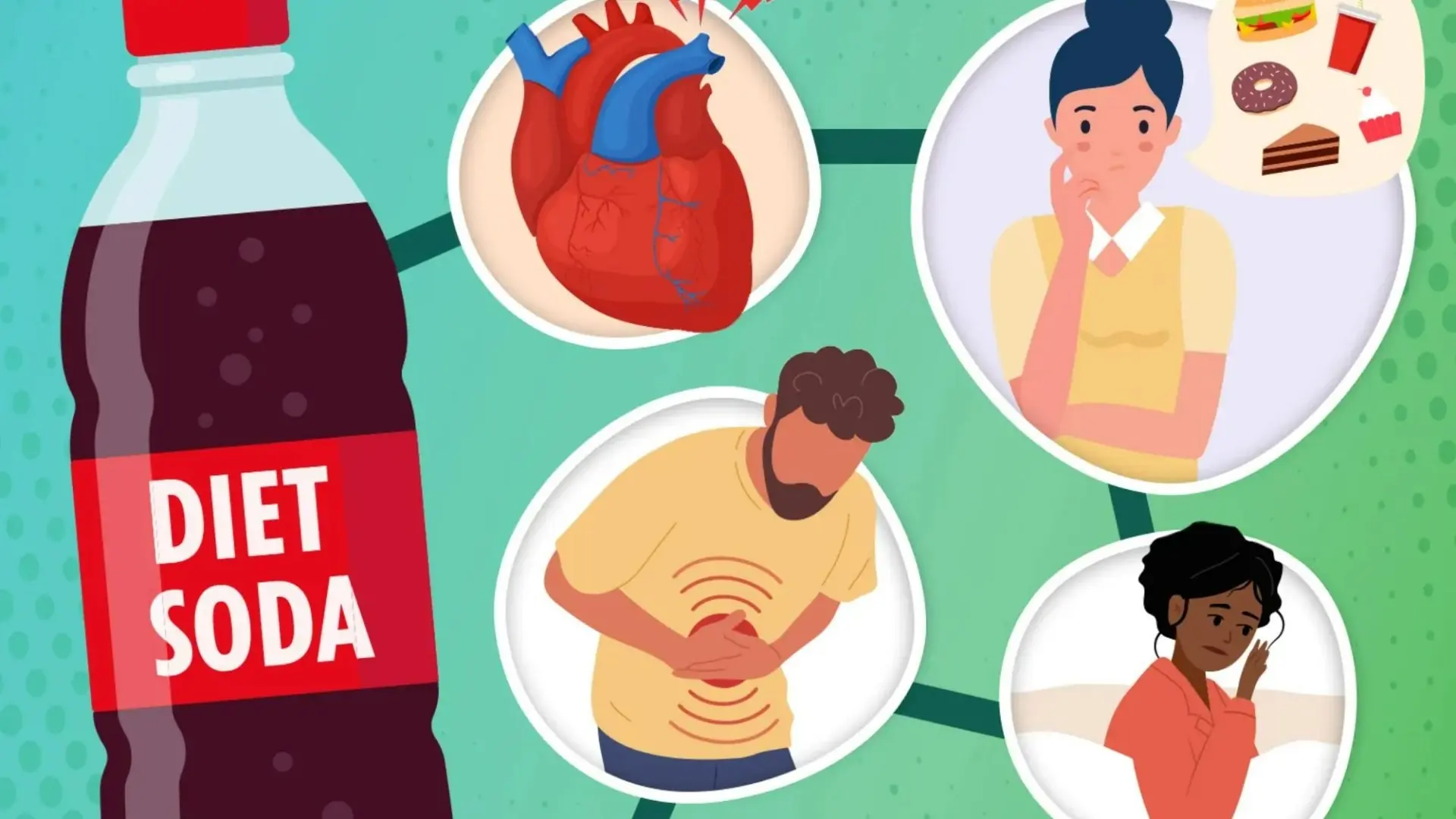
8 Detrimental Effects Soda Can Have On Your Body
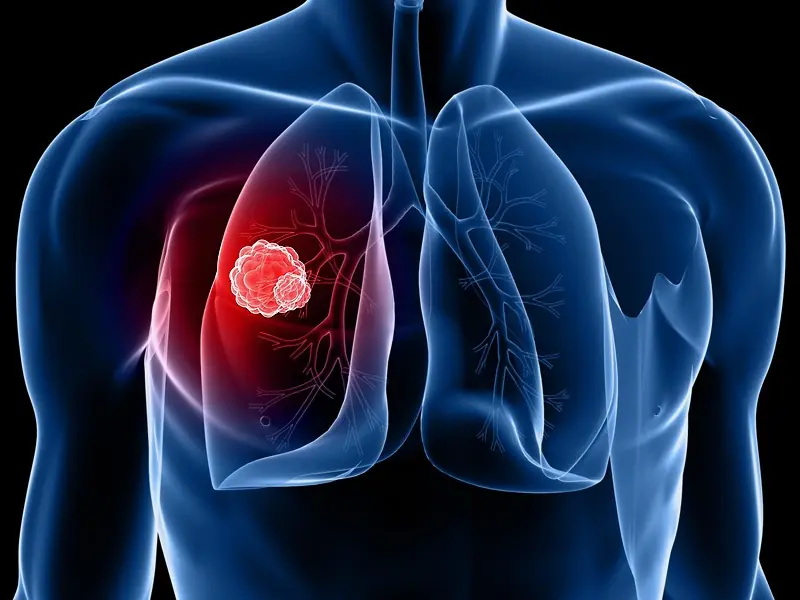
20 Early Warning Signs of Cancer You Should Never Ignore

Why You Should Never Ever Kill A House Centipede If You Find One Inside Of Your Home

Why Smoking Weed at 30 Could Impact Your Future: What Science Says

Top 14 Kinds of Fish You Should Never Eat
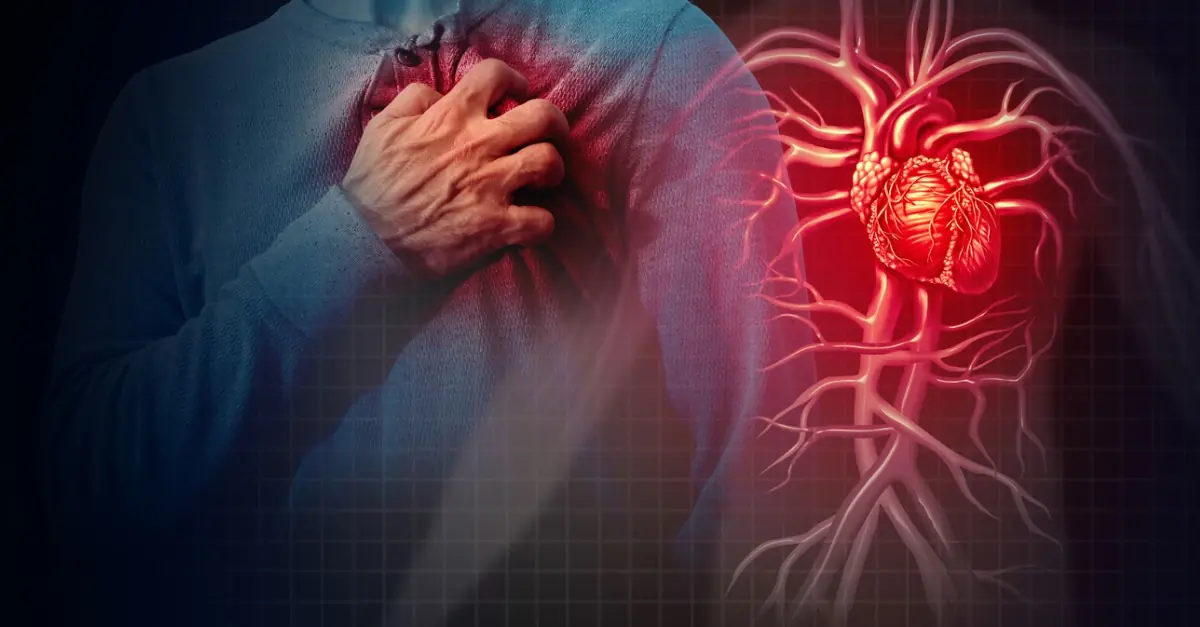
Doctor warns: A common habit may double the risk of a heart attack

THIS DOUBLES Your Testosterone Naturally in 7 Days!

Euphorbia Hirta (Asthma-Plant): Ancient Remedies and Modern Applications for Health and Wellness
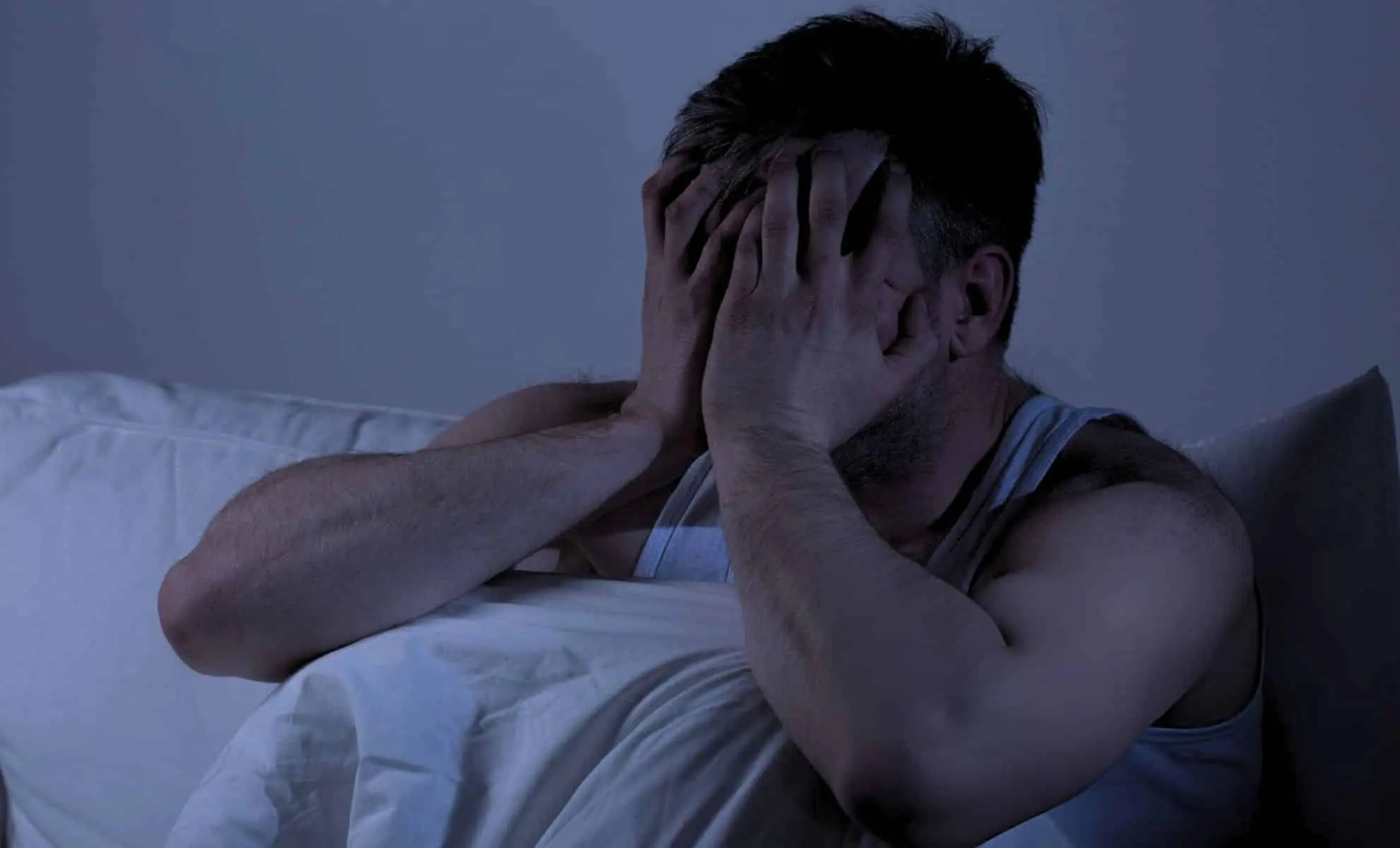
Doctor Warns Against This One Thing If You Wake Up at Night
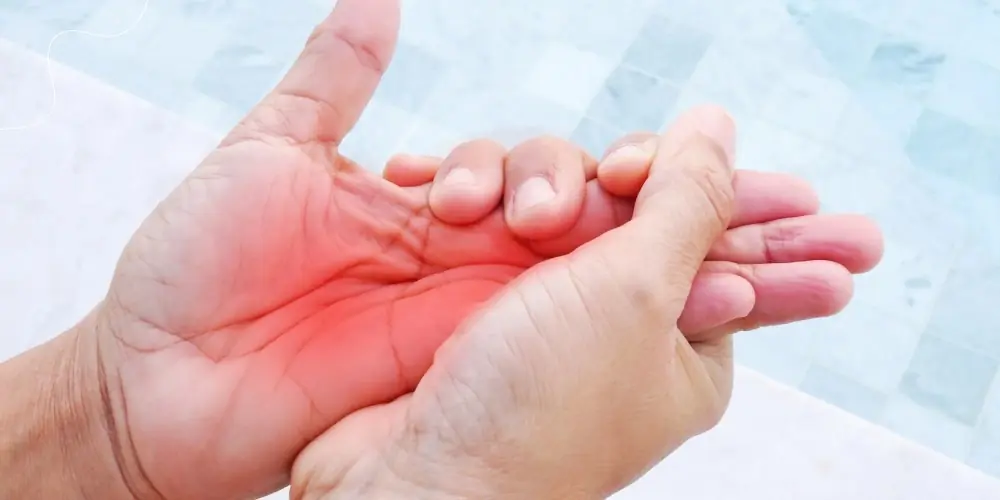
Reasons You Could Have Numbness or Tingling Sensations in Your Hands

A Well-Known Shampoo Is Being Withdrawn Immediately Due To Bacteria That Can Kill One In Ten Patients

9 Reasons Why You Should Eat Okra Multiple Times a Week

What’s In Your Mouth Could Be Triggering Alzheimer’s, Scientists Say
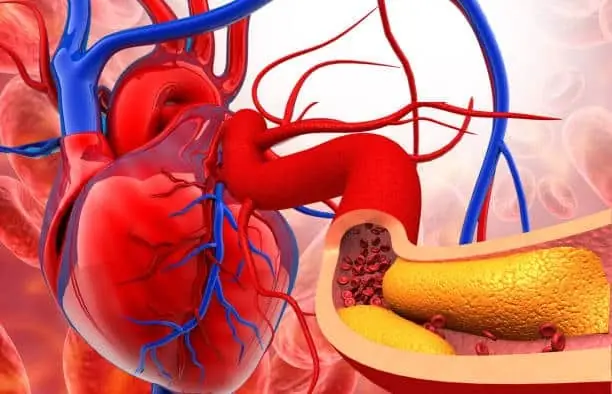
10 Signs You're Living With Clogged Arteries

Man with severe anger issues breaks down in tears after seeing what radiologist found in scans of his brain
News Post

Jabuticaba is rich in vitamin C, which helps boost the production of white blood cells

Goldenberries (*Physalis peruviana*): A Powerhouse Superfruit for Health, Vision, and Overall Wellness

My Daughter’s Wedding Dress Arrived All Black—And It Signaled A Deeper Betrayal

A Family Secret Almost Derailed My Wedding

Eight Years Shattered: My Husband Brought Home His Pregnant Lover And I Plotted Epic Revenge

We Adopted a 4-Year-Old Girl – A Month Later, She Came to Me and Said, ‘Mommy, Don’t Trust Daddy’

My Wheelchair Broke At Lowe’s—And The Workers Did Something I’ll Never Forget

15 Incredible Benefits of Castor Leaves for Men and Women Over 30

The Day My Sister Kicked Me Out and My Father’s Final Gift Unfolded

Whiten Teeth With Carrot Ends Brings Surprising Benefits You’ll Love

Kicking seats on a flight. Not cool

My Wife Disappeared 15 Years Ago After Going Out to Buy Diapers – I Saw Her Last Week and She Said, ‘You Have to Forgive Me’

Inside Anderson Cooper’s Converted Firehouse Home Where He Lives with Kids He Shares with His Ex

A few days before graduation, I lost my parents. Then a stranger walked in.

Rosemary contains a compound that can help fight Alzheimer's disease

Raw Garlic Before Bed? Here’s What It Does to Your Body!

8 Detrimental Effects Soda Can Have On Your Body

20 Early Warning Signs of Cancer You Should Never Ignore

A Poor Boy’s Life Changes After He Pulls an Old, Rusty Chain Sticking Out of the Sand on a Remote Beach
